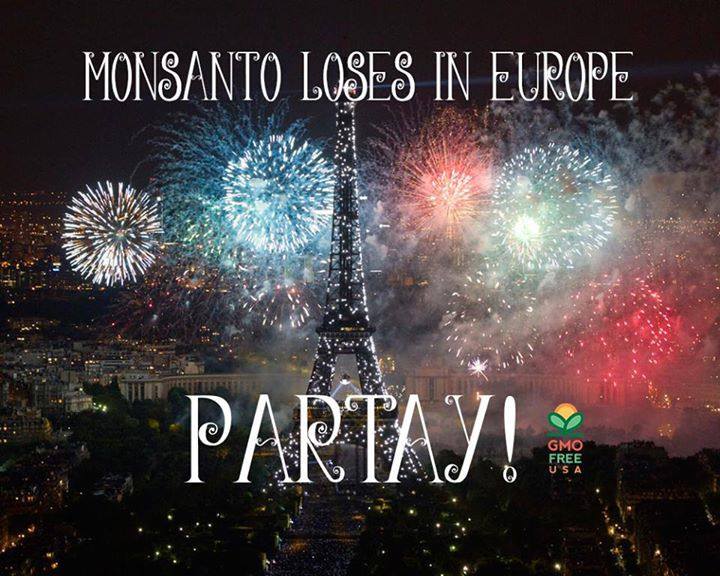I said it before, and will say it again, but when it comes to these evil mother fuckers, one must focus on three very simple words : DEATH TO MONSANTO !
Same goes with DynCorp and others of course.
THe course of action to be taken is very simple; blow up all installations& labs and napalm-ize all crops, seize all personnel and dose them with 500mics LSD doses, until they are properly reset or their brain is fried.
DEATH TO MONSANTO !
Irie !
Same goes with DynCorp and others of course.
THe course of action to be taken is very simple; blow up all installations& labs and napalm-ize all crops, seize all personnel and dose them with 500mics LSD doses, until they are properly reset or their brain is fried.
DEATH TO MONSANTO !
Irie !








